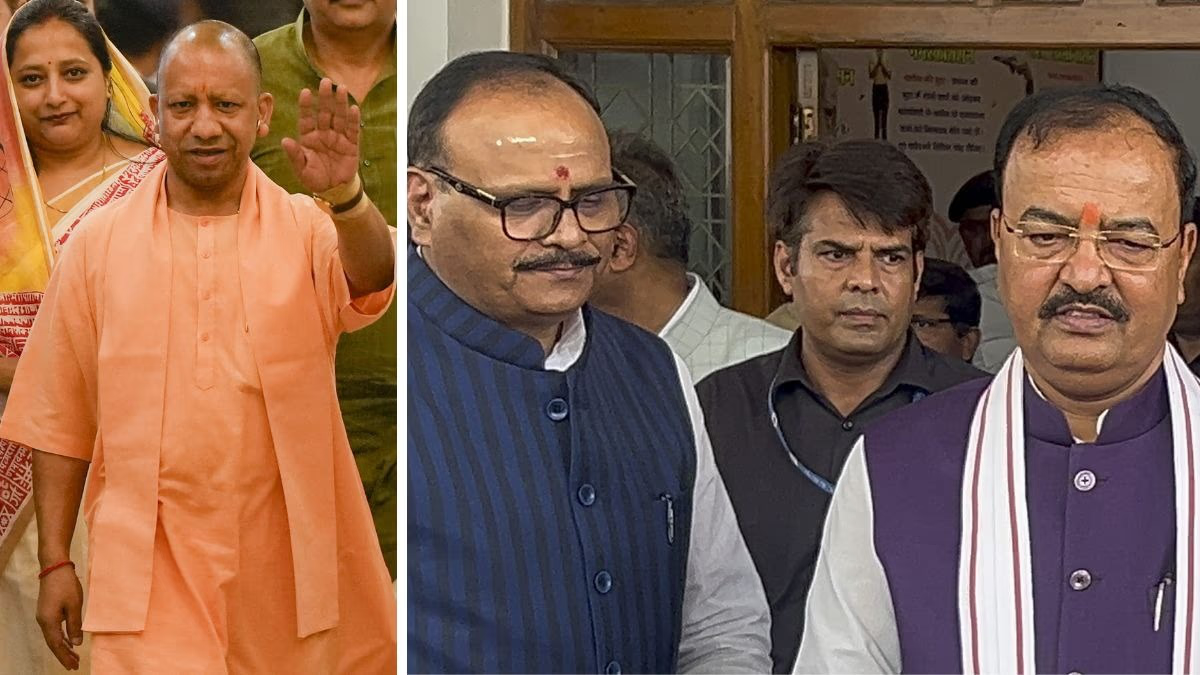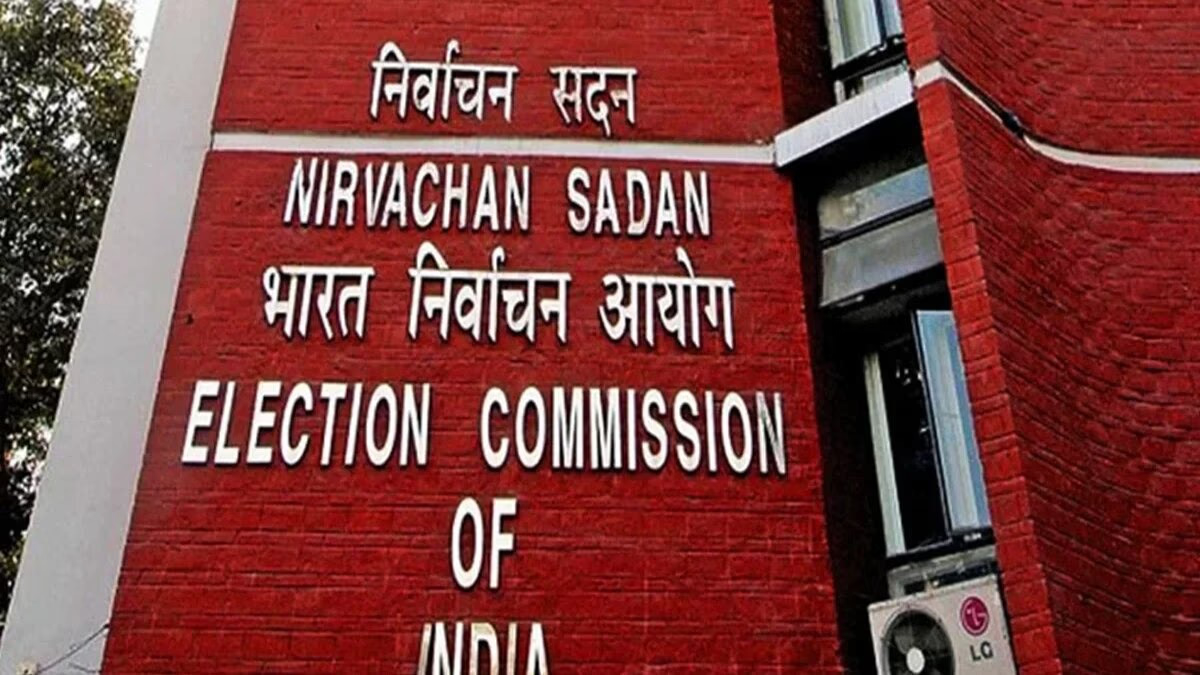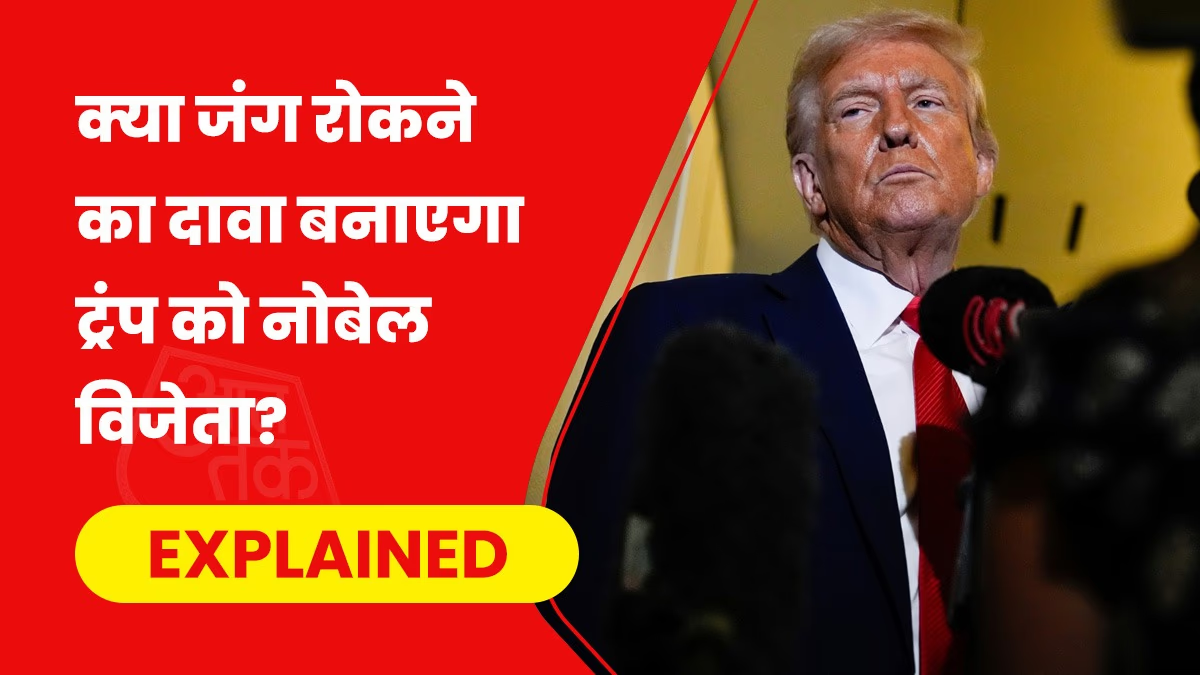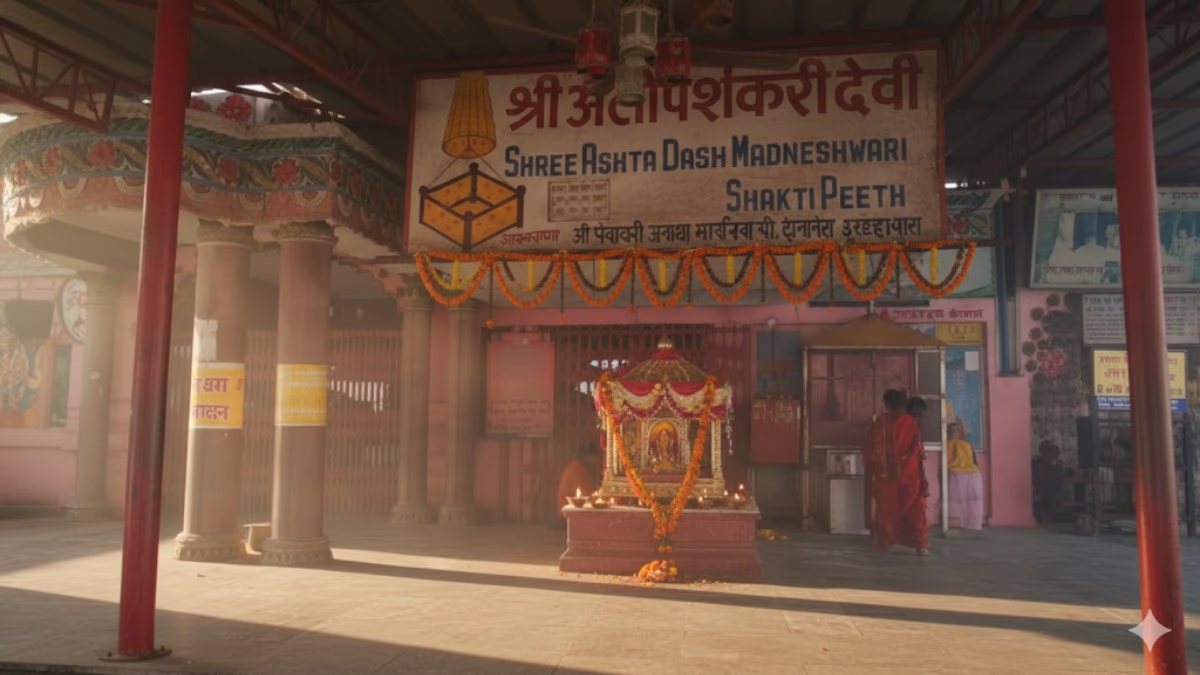Yogi Adityanath has unleashed two powerful political arrows from his quiver, one being a Brahmastra, known for its unwavering accuracy, and the other serving as a major reminder to the entirety of the UP BJP, from top to bottom.
The Chief Minister of UP, Yogi Adityanath, has issued a stern warning to all his political adversaries in an encounter-style proclamation: Any act of cunning will not harm one but all. Nobody will be spared – it’s wiser that everyone mends their ways while there's still time.
Adityanath has plainly indicated to the entire BJP, 'If assembly elections were held today, both the Samajwadi Party and Bharatiya Janata Party would end up with an equal number of seats.'
While such calculations were previously made based on the votes received in the 2024 Lok Sabha elections, Adityanath's statement carries a weightier implication. It is a clear-cut warning that taking things lightly might lead to severe consequences.
His Brahmastra is the law that imposes stricter penalties against Love Jihad compared to earlier provisions. This campaign, initiated under the name of Love Jihad to prevent forced conversions for marriage purposes, has significantly contributed to Adityanath's current stature – and now, sensing a potential threat, he aims to further intensify this mission.
One Law is Enough to Distinguish Between Government and Organization
The 'Uttar Pradesh Prohibition of Unlawful Religious Conversion (Amendment) Act 2024' is known as the Love Jihad law, as reported in various media outlets. The new version of the law criminalizes forced or deceptive conversion, with provisions for life imprisonment.
Back in November 2020, this regulation surfaced as an ordinance and was later passed by both houses of UP, becoming 'The Uttar Pradesh Prohibition of Unlawful Religious Conversion Act-2021' – which has now been amended to be even stricter.
The Love Jihad campaign was initially run by the Hindu Yuva Vahini in UP. Gradually, this campaign took the form of a stringent law. Before becoming Chief Minister, Yog Adityanath, as a Gorakhpur MP, formed the Hindu Yuva Vahini for social initiatives apart from his monastery duties. The organization became so powerful and influential that it established his political dominance in the region – and after BJP's election victory, Adityanath was made Chief Minister. Having completed a five-year term, he secured a comeback, but after BJP's poor performance in the Lok Sabha elections, Adityanath found himself in the spotlight of criticism.
As soon as the election results came in, Adityanath’s political rivals became active, reportedly fueled from within the BJP itself. Vocal opposition emerged from Deputy CM Keshav Prasad Maurya, followed by similar actions from the other Deputy Chief Minister Brajesh Pathak.
Before the 2019 general elections, both RSS and BJP raised questions: If a Ram Temple isn’t built in Ayodhya with Modi and Yogi in power, then when will it be built? It was evident Yogi Adityanath, along with Prime Minister Narendra Modi, was being positioned as a staunch proponent of Hindutva – and now the temple has been constructed.
It’s widely known within RSS and BJP circles that Modi's emergence from Gujarat CM to PM was driven by his image as a Hindu leader, and Yogi's political rise is viewed similarly.
Supporters believe Yogi faces similar hurdles as Modi did, contending that internal campaigns against Adityanath within UP BJP aim to disrupt him, considered to reflect rivals’ focus on his Chief Ministerial seat.
Key issues that propelled Yogi to the UP CM position are being reinforced to secure his hold on power, while simultaneously issuing warnings to adversaries in his own style.
A Powerful Warning to the Entire BJP from Top to Bottom
In the NDA Legislative Party meeting at Lok Bhawan in Lucknow, Yogi Adityanath’s remarks came as a surprise to many. Typically known for statements meant to quell opposition during elections, this statement pertained to an Assembly election, putting everything on the line.
Yogi Adityanath's assertion that if assembly elections were held today, BJP and Samajwadi Party would secure an equal number of seats (185-185) was made during a preparatory meeting for the Assembly session with BJP and alliance partners.
Adityanath’s numbers-based illustration showcased the BJP’s current standing in UP by a constituency-wise assessment. Presenting this analysis, Yogi stated, 'Based on Lok Sabha election results, SP wins 183 seats, and Congress takes 16. Were Assembly elections to occur now, BJP and SP would both secure 185 seats.'
With UP gearing up for by-elections in 10 assembly constituencies, Adityanath’s statement wasn't off the cuff but aimed to inform the BJP of the practical political scenario in UP.
Yogi has made it clear: if UP slips from his control, even those elucidating the difference between government and organization won't hold their position. Without Adityanath at the helm, the organization will be rendered ineffective, cautioning that SP might then form the government. It’s akin to BJP and Nitish Kumar using 'jungle raj' in Bihar; here, Adityanath targets his own political adversaries.
Having conveyed his stance, Yogi Adityanath dares BJP to test the waters. He warns against attributing any electoral defeat to him. He also holds certain MLAs responsible for BJP’s Lok Sabha losses, posing a potential threat to their future tickets. House accountabilities will be examined thoroughly before the next election, especially targeting MLAs who aren’t active in their constituencies or social media. Those with poor election records or engaged in counter-productive activities have been warned – their future is uncertain.




